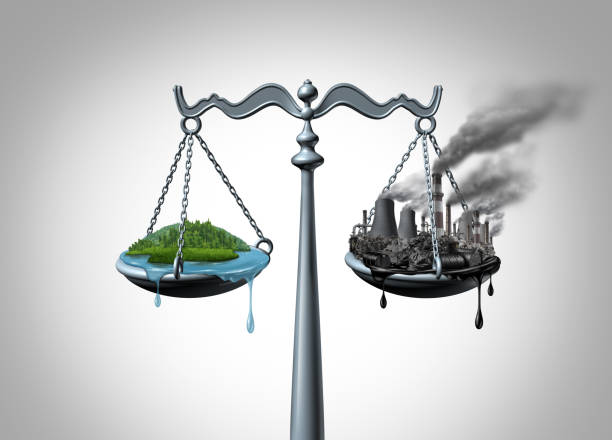During my time working in the field, the CBD industry has experienced stealth-like rapid growth in recent years, augmenting a current market size of $13 billion and an estimated 21.7% CAGR by 2028. The double-digit growth rate attracted new and existing companies to the natural healing properties of the popular hemp plant.
Profiteers’ attraction to the high-growth CBD product market isn’t shocking, especially given the rise in consumers seeking holistic health maintenance alternatives. Hemp compounds like CBD and its parent cannabinoid acid, commonly referred to as CBDa, have been shown to support healthy sleep, reduce anxiety, provide anti-inflammatory benefits, and contribute to overall well-being.
In many ways, CBDa is superior to CBD and has some unique effects. CBDa extract acts on key brain centers with 1,000 times the potency of CBD oil in some applications, and your body absorbs CBDa up to 11 times more effective than CBD when taken orally.
Additionally, inflammation is the root cause of many chronic illnesses, and CBDa has more potent anti-inflammatory properties, which could benefit physical and mental health .
But surprisingly, I’ve found that the CBD industry is still largely unregulated, leading to poor-quality products from companies that tout the medicinal benefits of the hemp plant. However, not all CBD products are the same.
In the United States, the Food and Drug Administration (FDA) has only approved one CBD-based medication, Epidiolex, for treating severe epilepsy. And while the FDA issued several warning letters to companies selling substandard CBD products, the regulatory oversight is tenuous.
Some CBD brands proudly market their hemp products with buzzwords like ‘all-natural.’ But FDA, registered lab tests have proven that many products don’t contain the concentration of CBD reported by the company or displayed on labeling.
Lab results also revealed that heavy metals, solvents, and harmful toxic chemicals are present. Additionally, other CBD product tests showed evidence of harmful toxins and synthetic cannabinoids. Such impurities can cause serious side effects , including vomiting, high blood pressure, and hallucinations.
In a free market economy, consumers choose according to the longstanding principle of caveat emptor . But the industry has become a breeding ground for product misrepresentation and scams that mislead and harm consumers.
Unlike the CBD sold at the local gas station or pharmacy, my company Nesas Hemp has adopted high standards as a core value. Our products take a beyond-organic approach for its CBDa that includes responsibly sourcing high-quality hemp seeds with a safe extraction process.
We use nutrient-enriched soil and leverage state-of-the-art low-temperature extraction processes to maximize the full potential of the hemp plant.
What’s most impressive is that we at Nesas Hemp are a reliable third-party Certificates of Analysis (COAs) lab results are posted on its website, which states that the company products don’t contain chemicals, contaminants, pollutants, or harmful toxins.
Sadly, those who are uninformed but in dire need of the product are often the ones who are taken advantage of — people looking for hope and relief and willing to try anything. Or even people like myself who needed a solution to restore a regular sleep pattern after contracting COVID-19.
As a passionate clean CBDa creator, it is my mission to support the development of hemp medicine the right way. It pains me to see the industry tarnished by poor-quality products which do more harm than good.
According to a report by Statista, “As of 2022, 28 percent of cannabidiol (CBD) brands in the United States did not test their products for pesticide contamination. Only seven percent of brands tested all their products for contamination from pesticides, heavy metals, and microbes.” This number is incredibly high for consumer products that are ingested or used on the body, and it does not stop there.
Manufacturers can use sub-standard labs that manipulate results to bolster false claims about quality and purity.
Looking ahead to much-needed regulatory oversight, the FDA must establish a framework and industry guidelines for quality, purity, and high standards for self-testing and using industry terminology like organic, non-GMO, and processing methods because consumers are catching onto the medicinal benefits of CBD/CBDa and the usage will only grow.
My life’s mission is to reshape the CBD industry and share the true value of the plant with people across the globe. Through my work, I hope to set a higher standard for the products and, in turn, results yielded from using them. If you want to learn more about this topic, visit Nesas Hemp .
About the Author: Inesa Ponomariovaite is a holistic health practitioner and an expert on hemp and CBD. She’s also a visionary on a mission to change the world by teaching people to harness the power of Nature, like she did, to restore their health and well-being.
She is the founder and CEO of Nesa’s Hemp, a dominant player in the CBDa hemp oil industry. Nesa’s is the world’s first-ever full full-spectrum CBDa Hemp Oil. It is created through a unique process (developed by Inesa herself) to preserve all the healing compounds of the hemp plant, which bring optimal health and healing and restore the body to its natural state.
Related Posts




